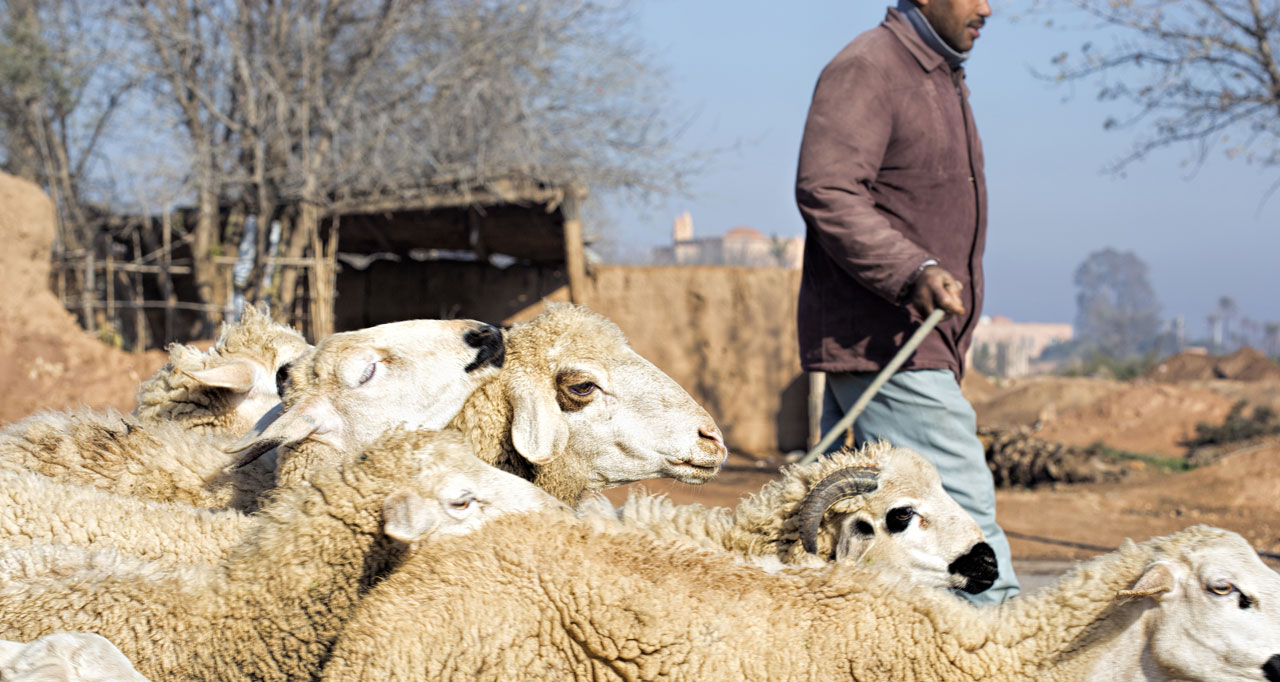Rarely does a week go by without a conversation taking place in my world related to either a pastor expressing frustration regarding the congregation he serves or a church member expressing disappointment in their pastor. The common denominator in these conversations appears to be the unmet and maybe the unrealistic expectations on both sides of the equation.
These conversations have caused me to think more directly about what churches and pastors should expect from each other. I want to focus this article, and the one I will share later this fall, on “Sheep and Shepherds” starting with expectations that a church should have for their pastor.
1 Peter 5:2 gives a simple yet profound call to, “Shepherd the flock of God that is among you.” This brief but clear statement carries an expectation of exercising oversight that follows in the text. What should the flock expect from their shepherd? Here are a few observations.
First, the church should expect their pastor to provide for them and protect them but not pamper them. The shepherd has the responsibility for feeding the flock and protecting the flock from dangers that will arise.
The church should expect their pastor to feed them from God’s Word and equip them for the work of the ministry while watching over their spiritual wellbeing. The church should not expect their pastor to be at their beck and call and pacify their every whim.
The pastor is ultimately accountable to the One who the flock belongs to. Scripture reminds us we are the flock of God. The good shepherd will strengthen and sustain the flock not simply satisfy it. The question is not do I like what my pastor is doing, but is my pastor doing what God desires?
Second, the church should expect their pastor to love them and labor among them but not be long suffering because of them. By the way, I know very few pastors who do not love their flock. Most make great sacrifices on an ongoing basis for those they serve.
The church should expect their pastor to care for them and serve with them in the ministry God provides. The church should not expect their pastor to do all the ministry by himself and to live under the constant pressure of fulfilling their expectations.
Being a pastor is a vocation in which it is hard to find a stopping place. There is always something more to be done and churches need to learn give their pastor grace and understanding as he loves and serves among them.
Third, the church should expect their pastor to direct them and not drive them. Sheep tend to follow their shepherd better than be herded by him. Many pastors are fearful of leading because the flock has nipped at him in efforts to lead. Pastors need the support and encouragement of the people they lead to seek the Lord’s direction and call them to follow.
I think some pastors drive their flocks out of the frustration of not being encouraged or allowed to lead. The need for leadership in the church is great today but so is the need for people of the church to follow Godly leadership.
The statement in 1 Peter 5:2 that catches my attention is that the church is the “flock of God.” The church belongs to Christ. He purchased it with His blood. I pray that the sheep that represent the Oklahoma Baptist flocks would pray for their shepherds and have the right expectations for them as they serve our Lord among them.





